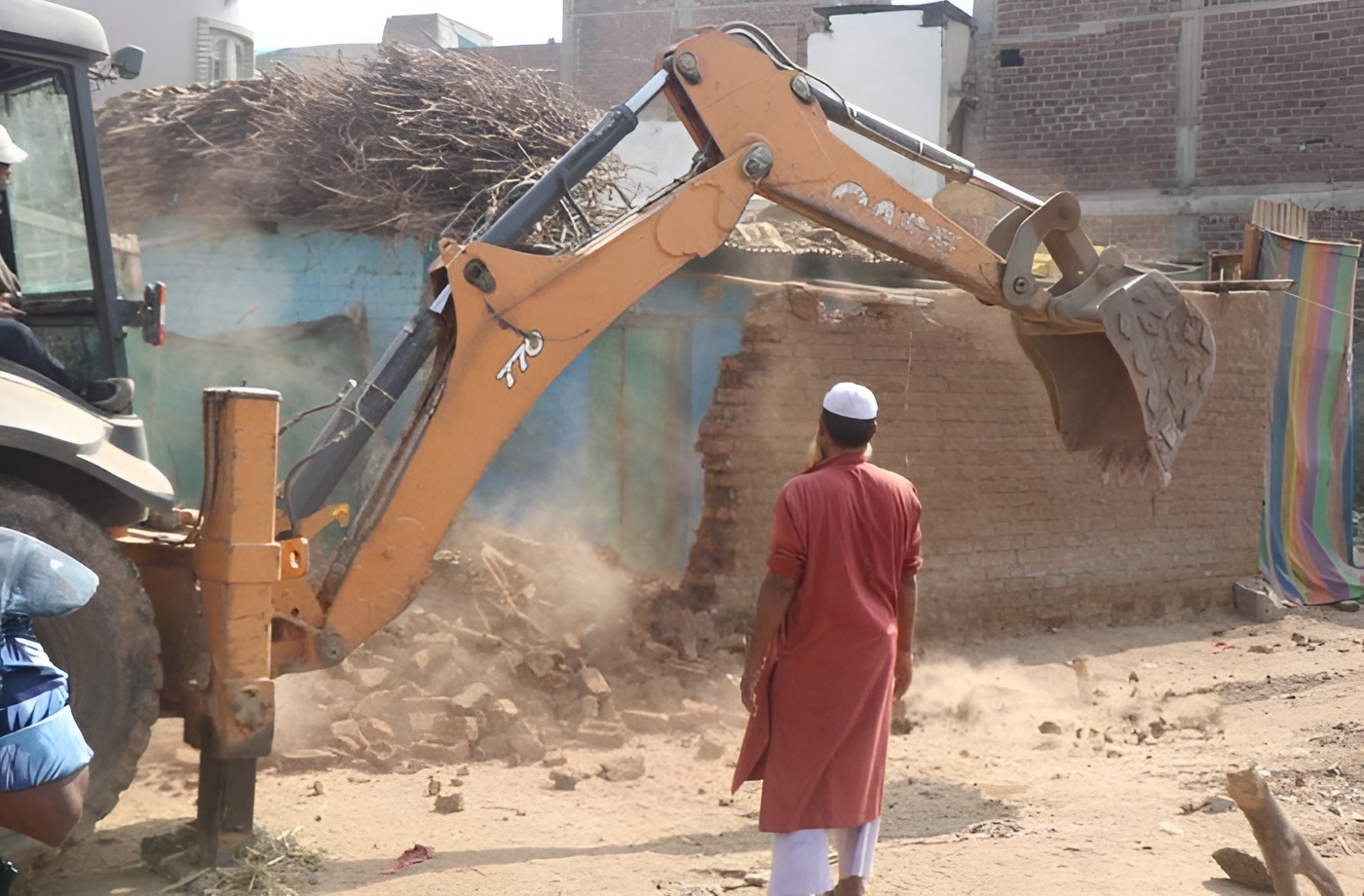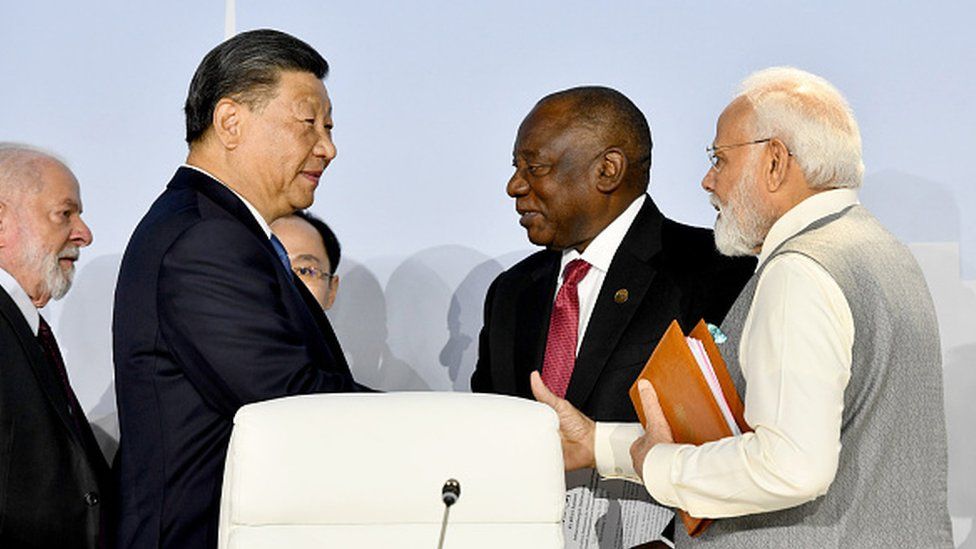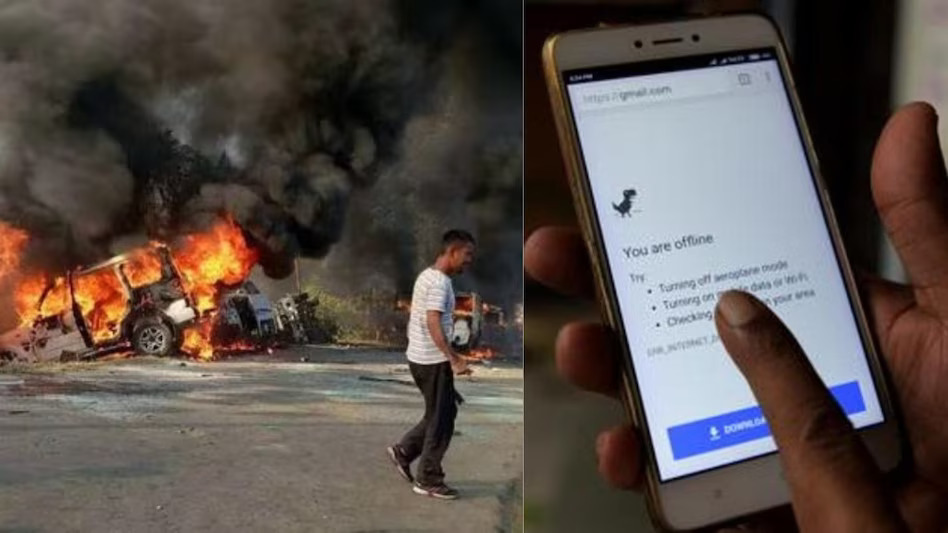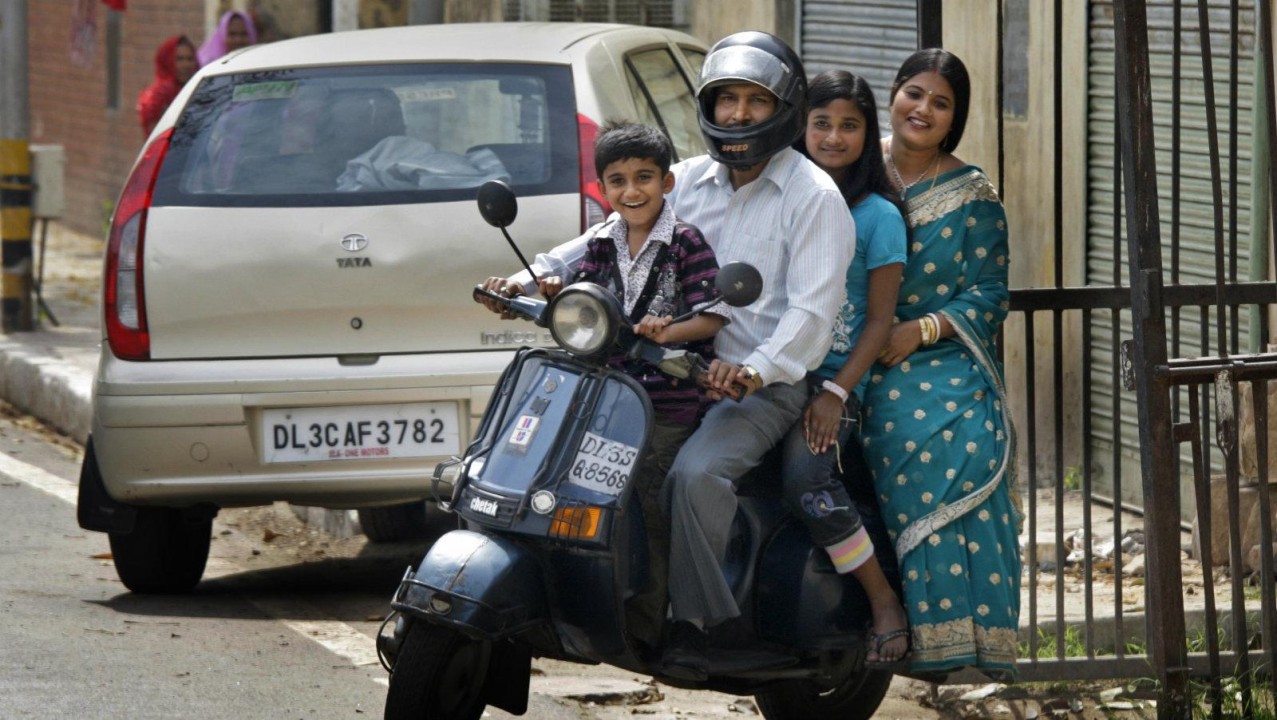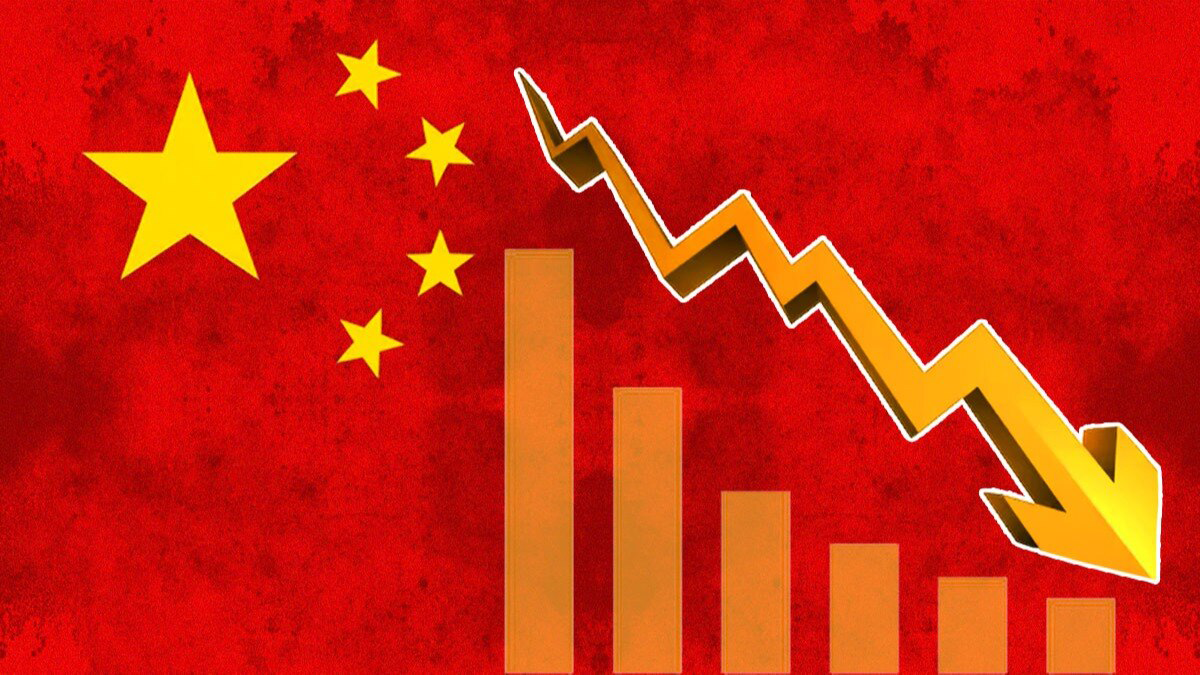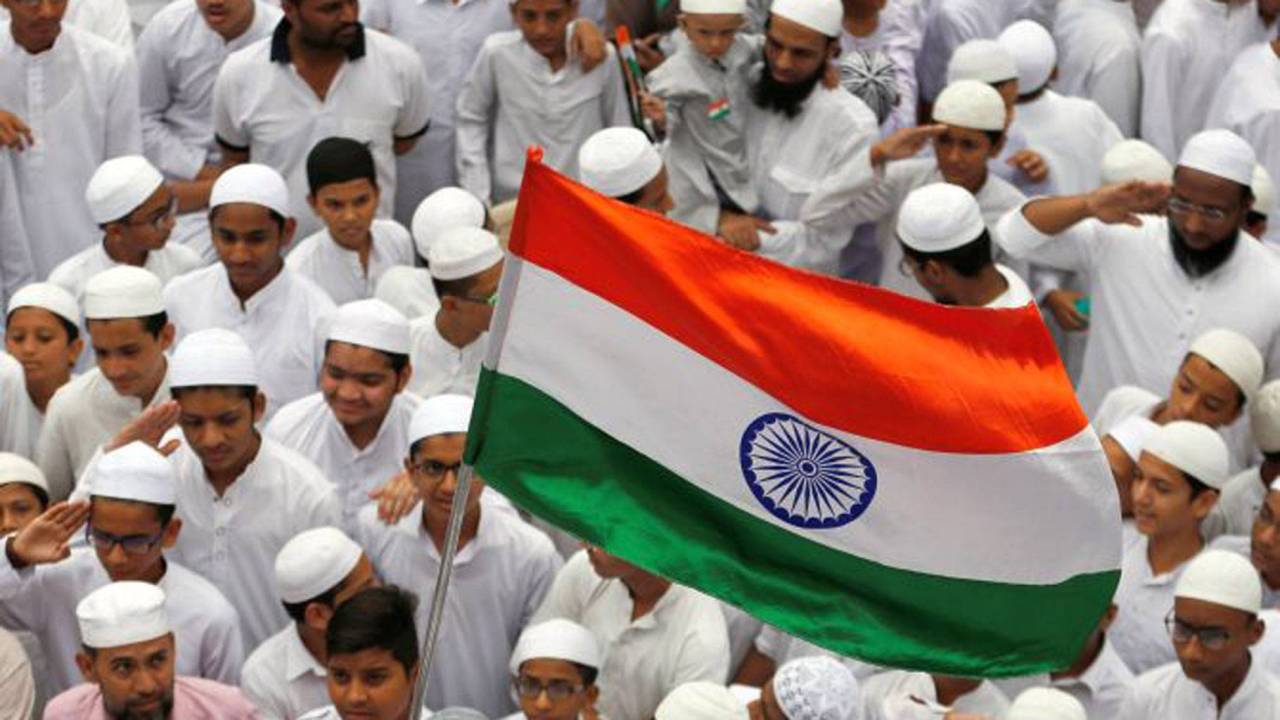In the middle of the 1980s, the Bharatiya Janata Party’s major criticism of Rajiv Gandhi’s Panchayati Raj effort was that it exceeded the authority of state governments. At a news conference, L.K. Advani stated that the then-Union government was attempting to directly influence state panchayats through the bill. Even harsher federal incursions are being committed by the administration for which Advani served as a margdarshak (guide) three decades later.
A multi-level operation is underway to harass and wear down the opposing governments in an effort to make them unpopular. It is a purposeful federal trespass that aims to simultaneously extend the duopoly’s long arm to the interior of the nation. The success of the Delhi model, which was so brutally implemented to choke off and paralyse the Arvind Kejriwal government, has given the Union government the confidence to expand the experiment to other opposition-ruled states.
The governors have been urged to act in a manner similar to that of Lieutenant Governor V.K. Saxena over the past two years. Just the threat of legal disputes served as a deterrent. Fiscal coercion, exploitation of assistance programmes run by the Union administration, and interference with the concurrent list to directly contact voters are further forms of harassment. It is astounding to see the extent and force of the intrusion into the state’s preserves. These include topics like public health, libraries, sports, cooperatives, water, and agriculture.
A large portion of it involves hiding the concurrent list idea. The Union government abruptly moved to seize control of the states’ oversight functions and to assign the IAS cadre to them at the beginning of last year. The opposition states, who believed the home ministry’s conduct to be unlawful, responded with vehement complaints.
The West Bengal chief minister’s unwillingness to send a top IAS official to the centre served as the initial provocation. States worry that giving the Union government such broad authority may lead to a crisis of loyalty and compliance among top bureaucrats, similar to the Delhi Services Act, which has been wreaking havoc in the national capital region under the leadership of a belligerent Lieutenant Governor. Along with Mamata Banerjee, several chief ministers have sent vehement letters to the Union government, including those from Tamil Nadu, Kerala, Telangana, Rajasthan, and Chhattisgarh.
The Modi administration’s threats to compel them to approve its new education strategy have angered the opposition states as well. The states consider this to be an open invasion of their territory. The Memorandum of Understanding has not been signed by fourteen of them. The three states with the highest grit are West Bengal, Tamil Nadu, and Kerala. Punjab, Delhi, Jharkhand, Chhattisgarh, Rajasthan, Telangana, and Andhra Pradesh are a few others.
States claim that while they must adhere to strict requirements, such as governance changes connected to the National Education Policy, they will not receive any additional cash in order to make up for the loss. In addition, opposition-led states are required to pay 40% of the cost of the PM-USHA plan, which must be implemented compulsorily.
Kerala chose this month to teach the sections that the Modi administration had deleted from the NCERT text books, in yet another act of blatant defiance of the Union. Gandhi’s murder, the riots in Gujarat, and Mughal allusions are a few examples. Next month, the schools will receive the supplemental text books that include the original edition.
The Karnataka government started making plans to scrap the NEP last June. In order to de-saffronize the textbooks, it has assembled an expert group. The corrected curriculum would be implemented as of the following academic year, according to the CM, Siddaramaiah. Siddaramaiah also lambasted the Modi administration for enforcing the NEP without seeking input from the general public.
Consider how the Union administration engages in petty politics with rival states. The new Karnataka administration immediately after assuming office requested rice allotment for its “Anna Bhagya” guarantee programme. After being turned down, it engaged in negotiations with the Food Corporation of India, which, in a letter dated June 12, agreed to provide 22.2 lakh metric tonnes. Surprisingly, the Union government compelled the FCI to terminate the deal the next day, ostensibly to break the Congress party’s electoral pledge.
Ironically, the FCI itself found no buyers for its excess rice in open auctions days after withholding shipments to the opposition states. The Punjab administration, which is governed by the Aam Aadmi Party, quickly agreed to assist the Karnataka government. The opposition administrations have been compelled to hunt for new means to run their social schemes as a result of the continual arm-twisting.
Now, even common union ministers have begun starting fights with states, following the big boss’ lead or on orders. The Kerala government was accused of showing little interest in railway projects by rail minister Ashwini Vaishnaw, an accusation that was quickly refuted. Rajeev Chandrasekhar, a different Union minister, blasted the Karnataka administration for “destroying” the state economy in “two months.”
Smriti Irani accused the West Bengali administration of wasting central funds that were given to the region. The state legislature disagreed with it. Mansukh Mandaviya, the minister of health, criticised the Bihar administration. He said that the waterlogged land given in Darbhanga prevented the Union government from establishing AIIMS. Tejashwi Yadav, the deputy chief minister, said that Mandaviya was spreading misinformation. The state had given the Union government a particular assurance that it would turn over the planned property completely developed at its own expense. Additionally, other land was given.
The Union government’s welfare programmes, project sanctions, fiddling with the Concurrent List, and financial pressure are its go-to tools for intimidating the opposition administrations. The worst victims of the ongoing harassment have been the states where the BJP is quite weak. Ten opposition governments abstained from the NITI Aayog conference three months ago because they thought it was useless.
The Union administration uses bilateral disputes as a cunning tactic to coerce states. In order to prevent the type of opposition concentration that occurred during the recent uptick in gubernatorial involvement, this is being done. Kerala has been the most affected state by the central pressure because the BJP is not represented in the legislature there. CM Vijayan accused the Union government of suffocating the state earlier this year through covert economic sanctions.
His party claimed that the Union government was attempting to “suffocate” the state by reducing its borrowing capacity.
The state finance minister described several incidents of harassment before asserting that the Union government aimed to induce a financial crisis in the state. Similar tools were allegedly employed by various opposition states to destroy their economies, according to the CM. CM Siddaramaiah accused the Centre of holding onto unpaid debts of Rs. 11,000 crore. This has put the state’s finances under tremendous strain.
The Union administration and Bengal’s chief minister, Mamata Banerjee, have been at odds for a while. On October 2, the TMC has scheduled a sizable dharna in Delhi to demand payment of the state’s outstanding debts on many accounts, including MGNREGA. A while back, the Telangana chief minister organised a comparable dharna to call for a unified paddy purchase strategy.
He said that his party will team up with other parties in the opposition against the anti-people policies of the Union administration.
When Modi visited the state last July, he skipped his events. The concurrent list is yet another useful mechanism for entangling opposing states, as was previously mentioned. Being in charge of cooperatives was a surprise, considering Amit Shah’s stature. We all knew it was a premeditated attempt to broaden the BJP’s political base to include the enormous array of cooperative behemoths when the Union government approved its own cooperative statute a year later.
Sharad Pawar swiftly denounced it and spoke out against the government’s spiteful treatment of cooperative banks. The government of Kerala accused the Union of interfering in the cooperative sector and attempting to destroy it.
Amit Shah’s government swiftly started compiling information on state cooperatives. We are aware of what transpired when Parliament went too far and enacted the three agricultural laws. Now, there are several demonstrations taking place against the Union government’s efforts to manage and saffronize hundreds of libraries located around the nation.
The big brother is also interested in travel and sports. Health is the most recent issue to be eliminated. Another sign is the recent decision by the Modi administration to assume complete control of IIMs. M.K. Stalin, the chief minister of Tamil Nadu, has proposed adding education to the state list in response to these invasions.
